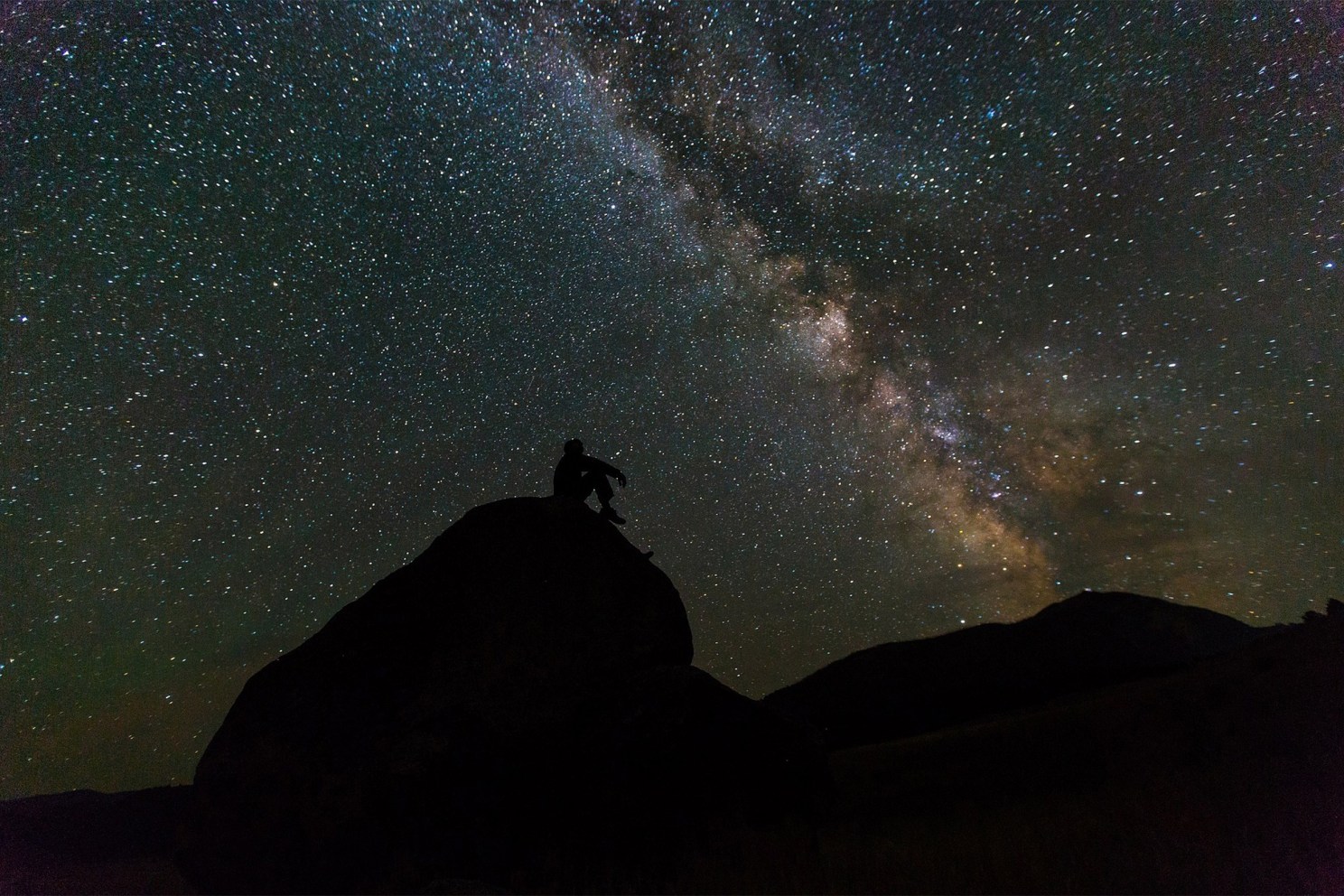In reaction to the growing challenges posed by global environmental change, author and Harvard Divinity School writer-in-residence Terry Tempest Williams and Sam Myers, Harvard T.H. Chan School of Public Health principal research scientist and Planetary Health Alliance director, have launched the Constellation Project.
This new collaboration includes the Planetary Health Alliance, Harvard Divinity School, the Center for the Study of World Religions, Harvard Center for the Environment, and the Harvard T.H. Chan School. Together, the participants hope to ignite interdisciplinary, community-based conversation around fundamental questions — about our place in the world, our relationship with and reverence for nature, our “beautiful, breaking planet,” home.
“Consider these facts,” Myers and Tempest Williams write in their description of the Constellation Project, “to feed ourselves, we annually appropriate about 40 percent of Earth’s land surface for pastures and croplands. We use about half of the planet’s accessible fresh water to irrigate our crops; and we exploit 90 percent of global fisheries at, or beyond, their maximum sustainable limits.
“In the process, we have cut down half of the world’s forests and dammed more than 60 percent of its rivers. The quality of air, water, and land is diminishing around the world because of global pollution. Our production of greenhouse gases is changing Earth’s climate. These and other processes are driving species to extinction while the numbers of individual mammals, fishes, birds, reptiles, and amphibians have fallen by half in the past 45 years. We are holding nature under siege.”
In order to seize the opportunity to turn around our story of environmental destruction and the risks of consequent mass suffering, disease, conflict, and other threats to our health, well-being, and survival, the Constellation Project proposes that we address the underlying wounds in our spirituality, fractures between our disciplines, and dissolution of our communities. “We believe there’s no other way but to come together, grieve for what’s being lost, be inspired by radically different worldviews, and co-imagine a better future,” state Myers and Tempest Williams.
The initiative brings together the Harvard community in events focused on some of the deeper moral questions about how we connect with the people and places around us and see our role in the world —important considerations for any sort of lasting bottom-up change that addresses our global environmental and health challenges.
“The Constellation Project,” Myers and Tempest Williams write, “is lit up by questions that hold us to account.”
The Constellation Project’s past events have included the film screening of Chris Jordan’s “Albatross” and “Taproot: Stories of Nature & Restoration.” More information about the Constellation Project can be found here. Upcoming events, recordings, and studio interviews with the Constellation Project’s storytellers will be issued through its mailing list.





